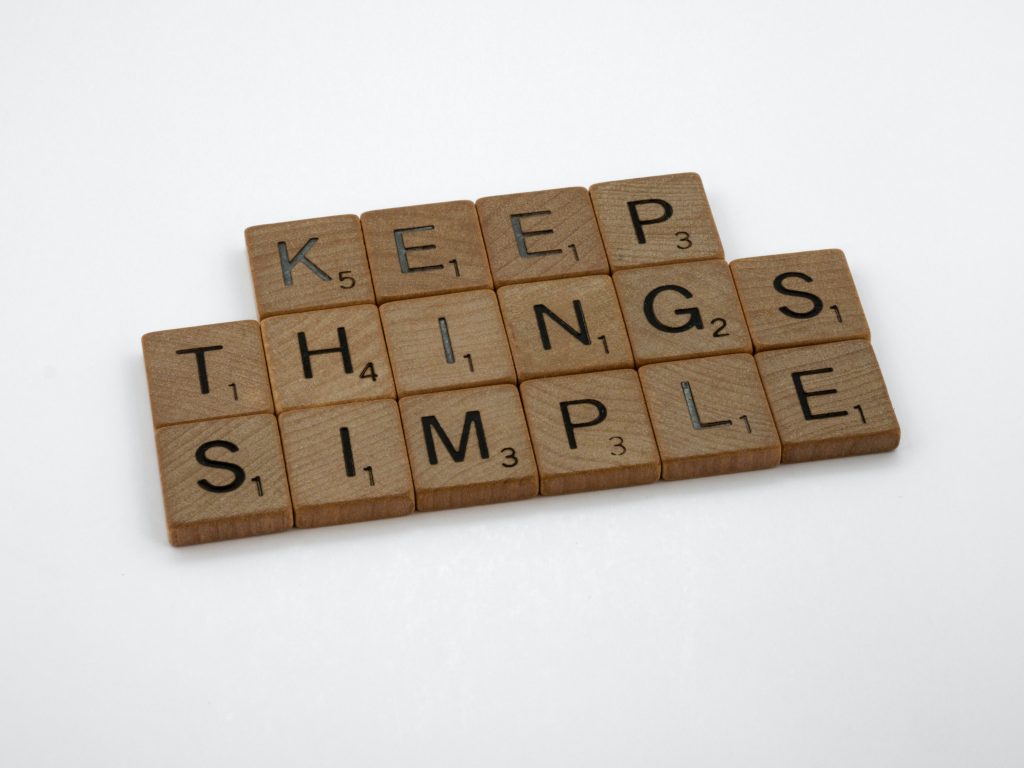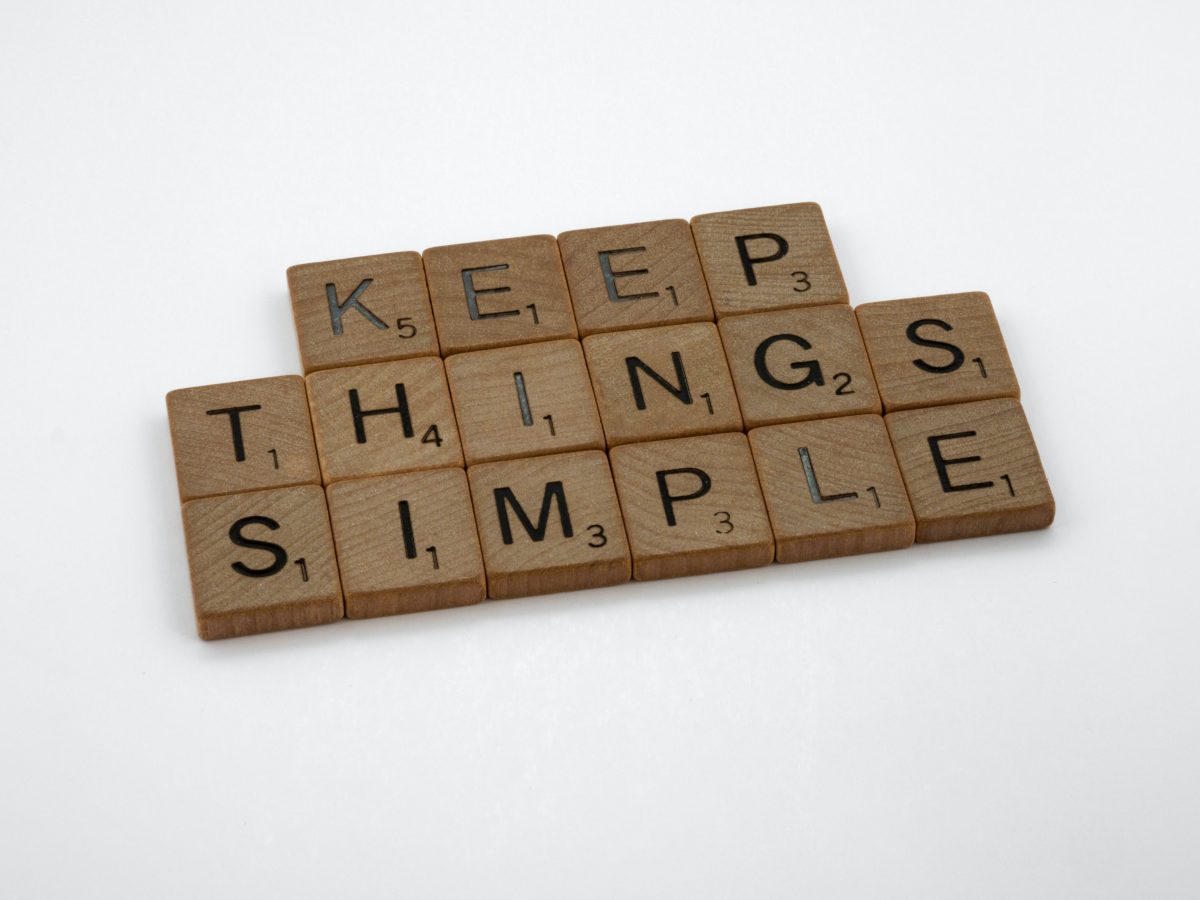And getting help for it
In Step 1 of the 12 Steps of Alcoholics Anonymous, the idea of “unmanageability” is introduced in only five words. This is a big deal.
Step 1: We admitted we were powerless over alcohol and that our lives have become unmanageable.
What exactly is unmanageability?
It is not always clear when life has become unmanageable. Although substances can distort people’s perspectives, some behaviours that make life unpleasant or uncontrollable begin to appear normal, such as making excuses for employers, evading creditors, or avoiding family members. Substance abuse may be a coping technique, and seeking relief may restart the cycle.
Why is it critical to comprehend unmanageability?
It may appear straightforward, but if someone’s substance abuse didn’t get in the way, they’d never stop.
This element of Step 1 means facing the negative repercussions of substance use. This refers to the factors that led someone to seek treatment, such as the impact of substance use on loved ones or the effects of drugs or alcohol on self-esteem, self-image, self-respect, physical health, and overall life goals.

What are the symptoms of unmanageability?
Uncontrollability is one of the criteria for diagnosing substance use disorders, like in the International Classification of Diseases, where the pattern and effects of alcohol use are used to define disorders caused by alcohol use.
The text revision of the Diagnostic and Statistical Manual of Mental Disorders, Fifth Edition, also known as the DSM-V-TR or DSM-5-TR, includes the following criteria for substance use disorders:
• Wanting to cut down or stop using the substance but not being able to
• Spending a lot of time getting, using, or recovering from substance use
• Not being able to do what you should at work, home, or school because of substance use
• Continuing to use, even when it causes problems in relationships
• Giving up important social, occupational, or recreational activities because of substance use
External factors that contribute to unmanageability
What one community considers high-risk or unmanageable may not be considered so in another. Furthermore, power, oppression, and racism all impact manageability. The question of whether someone’s life is unmanageable because of substance use or if they use it because their life is unmanageable.
The emotions of unmanageability
Consider unmanageability to be the iconic chocolate factory episode from I Love Lucy. Lucy and Ethel believe it will be simple to wrap the chocolates as they pass by on the conveyor belt, but they soon find themselves cramming chocolates everywhere to keep up. Their efforts are hilariously futile.

The distinction between unmanageability and substance usage is that people can strive to keep up or cover up but fail miserably, resulting in detrimental effects for themselves and those around them.
Someone with a substance use disorder’s mind can fool them into believing they can control their use.
Unmanageability means you can’t keep up with the conveyer belt’s speed, and while drinking or drugs are the source of the unmanageability, they are also considered the only way out. And the issues keep piling up.
The admittance of powerlessness in Step 1 slows the queue, yet the chocolates remain scattered. While the substance abuse may have halted, the unmanageable emotions linger.
Unmanageability isn’t necessarily about the apparent indications of an unmanageable existence, such as a job loss or reckless behaviour. Someone may be experiencing unmanageability even if their life appears to be okay, or even enviable, from the outside. Nonetheless, people are experiencing negative emotions and are turning to drugs and alcohol.
In recovery, persons still experience the discomfort of anxiety, humiliation, grief, and rage but develop healthy strategies to manage them rather than reverting to their old unmanageable coping mechanisms.
Even after a long period of being clean and sober, the need to do something else to avoid unpleasant feelings can indicate a sudden return to being out of control.
Emotional relapse is a period in which a person’s emotions and behaviours prepare them for a probable relapse and return to unmanageability.
Getting your life in order
If you believe you cannot manage life as you once did, or if you are concerned about a loved one, please get in touch with us. We provide home detox as well as virtual addiction therapy. One of our qualified, understanding counsellors will be delighted to discuss your issue and treatment plans.
Call Freephone 0800 140 4044 today!
Freephone: 0800 140 4044
Local rate: 0300 330 3040

